When asked about the seismic social and cultural changes pandemics have historically brought about, Yale Professor Frank Snowden, the world’s foremost expert on the history of epidemics, compared infectious diseases to mirrors that reveal us to ourselves.
“Epidemics allow us to understand humanity and history. They touch the most intimate fibers of our human nature … They ask us questions of life and death and our attitude towards both. They ask us about our ethics. They show us if our world cares about the neediest people. Epidemics are like looking in the mirror of humanity,” Snowden said.
Predictably, the COVID-19 pandemic has swept through nations and communities, revealing profound and often unpleasant truths about the social and cultural dynamics that informed every aspect of life before it, most notably in soaring domestic violence cases.
In Palestine, femicide and violence against women, issues that have plagued Palestinian society for decades, are now becoming more pronounced. Eleven women have been reported killed since the beginning of 2020, six out of whom were murdered in coronavirus lockdown, according to Palestinian women’s rights activist Shatha Shiekh Yousef, spokesperson of Tal3at, an intersectional feminist movement.
Since its inception on September 26 last year, Tal3at has organized numerous protests demanding justice for Palestinian women murdered at the hands of their family members or intimate partners. The movement was launched following the heavily publicized case of Israa Ghrayeb, a Palestinian woman who was allegedly beaten to death at the hands of her father and brothers.
With the coronavirus pandemic sweeping through Israel and Palestine, however, the political landscape is quickly changing, virtually eliminating all forms of public dissent and protest in the West Bank and Gaza, where the Palestinian Authority and the Hamas government have declared a state of emergency to deal with the looming public health crisis.
To honor the slain women and raise awareness about the escalating rate of domestic violence in Palestine, the Tal3at movement held balcony protests last Monday, calling on Palestinians to bang on pots and pans or hang signs in their balconies to make their solidarity with women victims of violence known. The protest saw participation from women across Palestine and the Palestinian diaspora, according to Yousef.
“Because of this current crisis and because of the escalation of [gender-based] violence and femicide, we have to find a way to protest even if we can’t leave our homes and take to the streets to demonstrate,” she tells Egyptian Streets. “We wanted to create noise amid the silence—it is not just silence due to the fact that there are no people in the streets, but it is also [a general] silence when it comes to violence against women and femicide.”
The recently enacted state of emergency comes with added risk for Palestinian women. The reduced capacity at which the court system is operating eliminates the mere threat of litigation as a deterrent for perpetrators of violence against women. The lockdown also exacerbates the situation for women locked down with violent family members or spouses.
“[There are] women who suffer violence on a daily basis, be it physical, sexual, economic, political or psychological violence because they are in lockdown with their abusers under the same roof,” Yousef explains. “It is also due, in big part, to the fact that the lockdown has created unemployment and an economic crisis that has increased the level of anxiety and stress among people, and this is something that is being exorcised in the form of violence by men towards women in their households.”
Violence against women in Palestine has been on the rise for the past decade. According to a 2011 survey by the Palestinian Central Bureau of statistics, 37 percent of women have suffered gender-based violence in Palestine. In Hamas-ruled Gaza, 51 percent of women are victims of violence. In many cases, domestic violence escalates to murder. According to the Women’s Center for Legal Aid and Counseling in Jerusalem, 23 women were killed at the hands of family members in the West Bank and Gaza in 2018 alone.
Women’s rights activists in Palestine have long demanded legal reforms to offer better protections to women victims of violence, accusing Palestinian judiciary of undue leniency in dealing with perpetrators of femicide.
In addition to patriarchal social norms and culture, observers have attributed this rise to article 99 of the Palestinian penal code, which allows judges to issue reduced sentences for perpetrators of femicide, namely in honor killing cases. The law was amended in 2018, but Palestinian women continue to face increasing levels of gender-based violence.
In Israel’s Palestinian communities, women face similar challenges. According to a 2019 Jerusalem Post report by Emily Schrader and Muhammad Zoabi, 50 percent of the victims of gender-based violence in Israel are Arab women. These figures are starkly alarming because Israel’s Arab community only accounts for 20 percent of Israel’s population, which is a strong indicator that women in the community are disproportionately affected by gender-based violence.
Furthermore, statistics suggest that Arab women in Israel enjoy less protection from the country’s law enforcement. “In murder cases against Arab women, the state [of Israel] has only a 20 percent success rate in holding the perpetrators accountable,” Schrader and Zoabi report.
“We have seen over the years that there are no serious legal measures taken against the killers of women [in Israel], except for very few cases. Many cases get dismissed for lack of evidence or because of tribal adjudication or family resolutions, which we believe to be very unfair to women who are killed and abused,” Yousef explains. “As Palestinian women living in [Israel], we are subject to Israeli laws that discriminate against us on two levels: as women and as Palestinians. As an occupation regime, it is not really concerned about protecting us.”
Yousef claims that many Palestinian women who turn to Israeli police to report incidents of violence, harassment or sexual assault are blackmailed and dismissed.
The coronavirus pandemic may have exacerbated Palestine’s gender-based violence epidemic, but the Israeli occupation and the archaic legal and social protection frameworks in the West Bank and Gaza had long conspired to create the elaborate matrix in which Palestinian women across Israel and Palestine are marginalized, disenfranchised, abused and even killed with impunity.
“The occupation commits crimes against our people, the Palestinian Authority oppresses us and so does Hamas in Gaza. This is why the law, be it Palestinian or Israeli, doesn’t protect us, as women, from violence,” Yousef says. “We are not demanding that the laws be changed because when we talk about a law to protect women in Palestine, we are talking about two systems that women live under—the Israeli occupation and the Palestinian Authority, and they are both oppressive regimes.”
The answer, according to the activist, is reshaping the discourse about Palestinian women’s rights and making it an integral part of Palestinian politics. “No free country can exist without free women. … We can’t understand violence outside the context of the occupation that Palestinian men and women endure,” Yousef explains.
“The Tal3at movement aims to redefine national liberation because liberation doesn’t end with liberation from the occupation, we also have to work to free everyone in Palestinian society from violence, poverty, exploitation and all other forms of marginalization.”
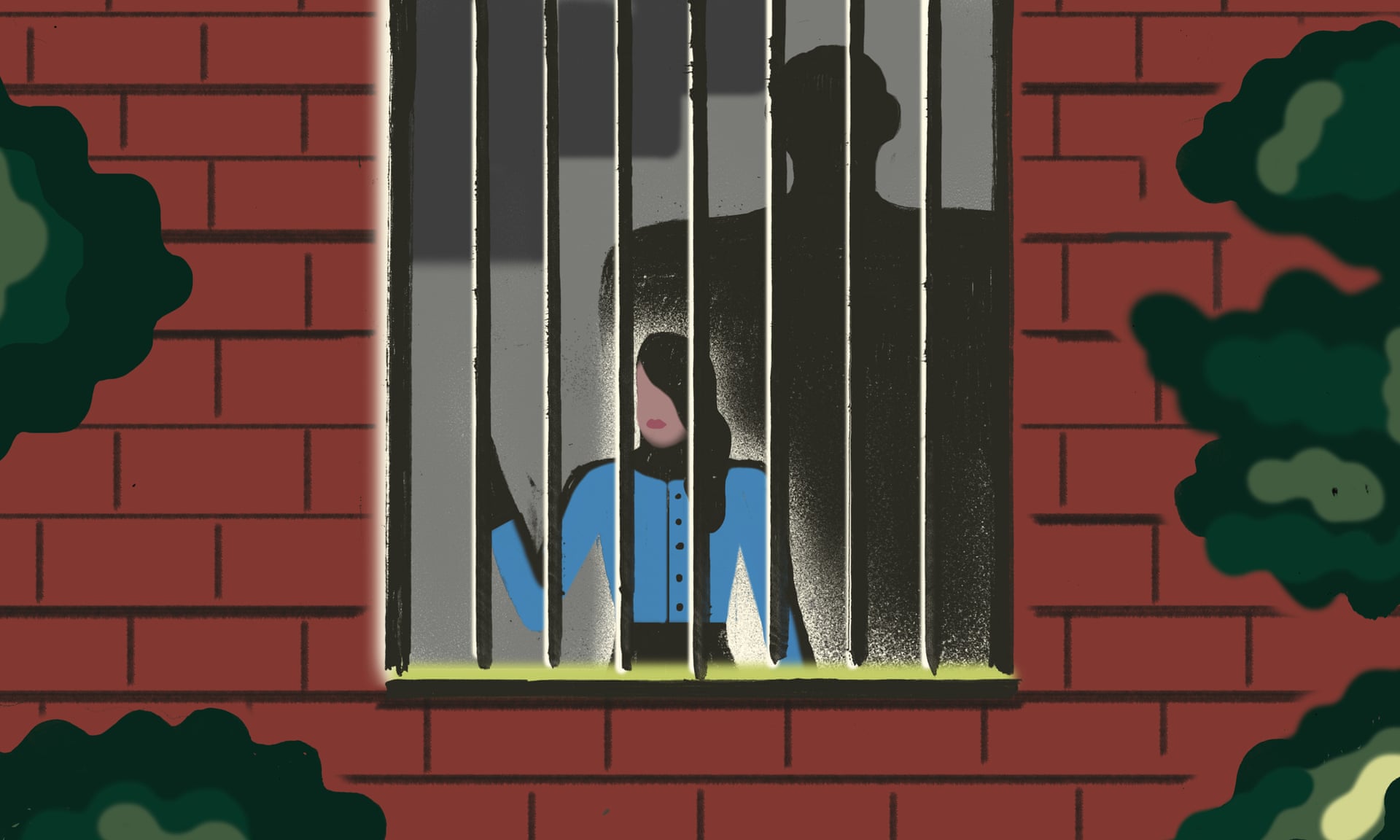
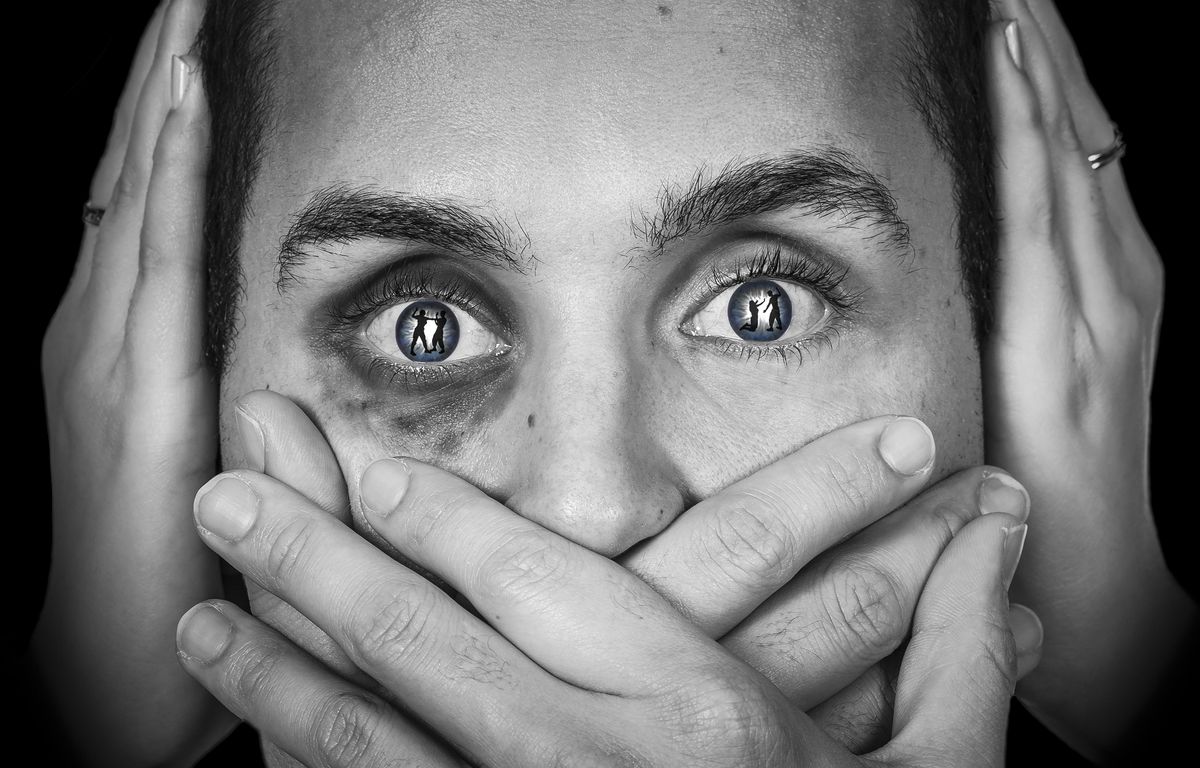



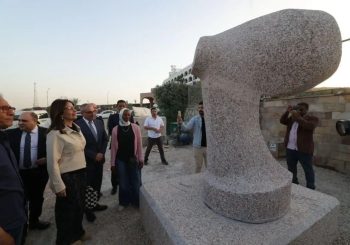
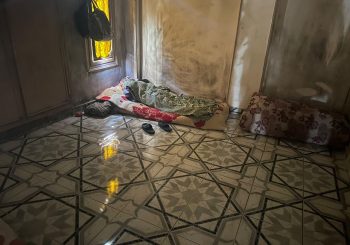
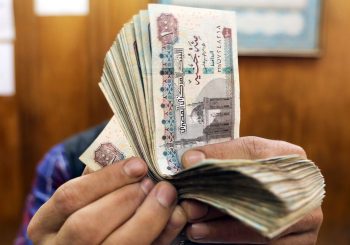
Comments (0)